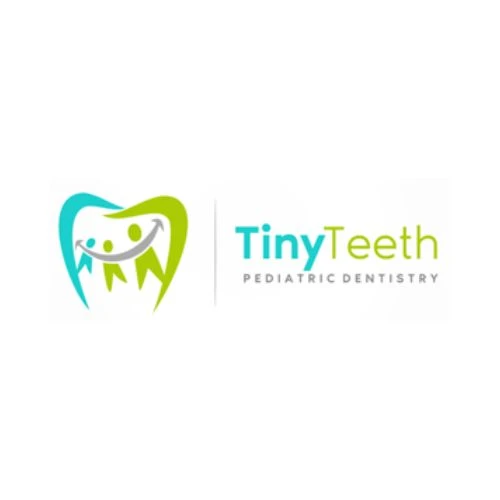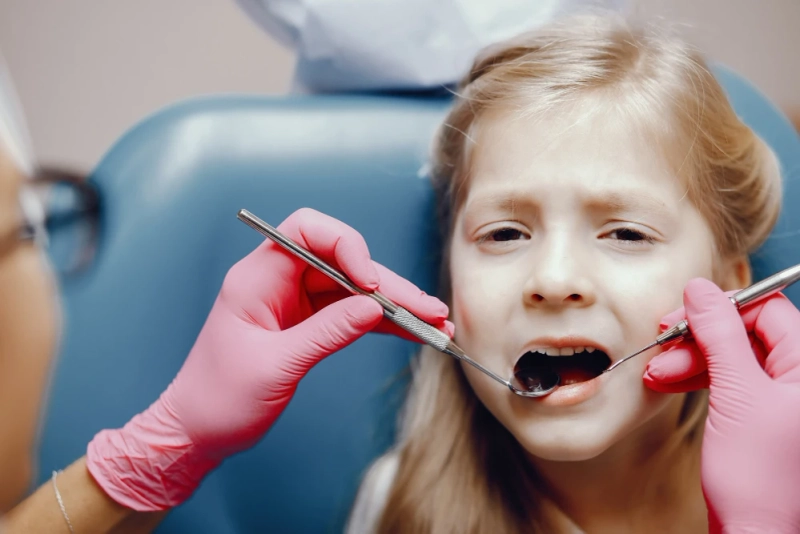A sudden toothache can disrupt a child's day, making it difficult for them to eat, sleep, or concentrate on school. Parents often wonder how dental professionals address these issues swiftly without causing extra stress. Pediatric dental care combines speed, safety, and comfort, aiming to reduce discomfort while addressing the underlying problem. Saskatoon dentists have developed sophisticated, evidence-based protocols for treating pediatric toothaches that prioritize rapid pain relief and patient safety.
Recent data indicate that pediatric dental emergency care achieved success rates of 92–95% in 2024, compared to 78–85% in 2011, reflecting advancements in techniques, materials, and practitioner expertise. Understanding the methods used by an emergency dentist for kids or a trusted dentist in Saskatoon can give families confidence in seeking care.
Who Needs Immediate Attention?
Not every toothache requires urgent intervention, but specific symptoms indicate that timely care is essential. Pediatric dentists look for:
- Persistent or severe pain
- Swelling in the gums or face
- Fever accompanied by dental pain
- Visible tooth damage or discoloration
Children experiencing these signs may be referred to an emergency dentist for kids. Data indicate that toothaches and pain account for 42% of all pediatric dental emergencies, with children aged 4–8 years being most frequently affected.
Dental care in Saskatoon often emphasizes early assessment to prevent discomfort from escalating. Pediatric dentists, such as those at Tiny Teeth Pediatric Dentistry, are trained to handle children with sensitivity, ensuring that procedures are tailored to their age and level of anxiety.
What Triggers Tooth Pain in Children?
Children's teeth are prone to specific issues that can spark discomfort:
- Cavities caused by sugary diets or inconsistent brushing
- Gum irritation from teething or minor injuries
- Trauma from falls, sports, or accidents
- Tooth sensitivity from enamel wear or decay
Pediatric dentists in Saskatoon follow the Canadian Pediatric Society's stepwise pain management approach. Non-steroidal anti-inflammatory drugs (NSAIDs) and acetaminophen are first-line treatments, with research showing that combining ibuprofen and acetaminophen provides superior relief (an effectiveness rating of 9.5/10 versus 7.8/10 for acetaminophen alone).
Clinical studies show 70% of children report complete pain relief with ibuprofen compared to 68.4% with acetaminophen and 9.5% with placebo, significantly reducing the need for opioids, which are now contraindicated for children under 12.
When to Seek Help
Prompt attention is crucial for managing pain and preventing complications. Parents should seek dental care in Saskatoon if:
- Pain persists beyond 24–48 hours
- Over-the-counter pain relief is ineffective
- The child refuses to eat or drink due to discomfort
Where Children Receive Care
The environment plays a significant role in treatment effectiveness. Pediatric clinics are designed to be welcoming and less intimidating:
- Bright, playful spaces to reduce anxiety
- Staff trained in child behaviour management
- Equipment sized for smaller mouths
Non-pharmaceutical relief methods are also widely recommended. Saltwater rinses, used by 92% of Saskatoon practitioners, reduce inflammation and bacteria, while cold compresses can provide pain relief within three minutes. These strategies complement clinical care and help children feel more comfortable before and after treatment.
Why Specialized Care Makes a Difference
Pediatric dental care is more than routine cleaning. Children's mouths have unique needs:
- Primary teeth require different handling than adult teeth
- Sedation or distraction techniques may be used safely
- Preventive advice is tailored to developmental stages
Nitrous oxide sedation is offered in many clinics, helping children relax while remaining conscious. Advanced safety protocols, including continuous monitoring, are standard practices among leading Saskatoon dentists.
General anesthesia is reserved for complex cases, with success rates improving from 58% in 2011 to 85% in 2024. These improvements reflect the use of enhanced materials, techniques, and the practitioner's experience.
How Pain is Managed, Techniques and Treatments
When treating a toothache, Saskatoon dentists combine diagnosis with practical solutions:
- Fluoride or dental sealants to protect enamel
- Fillings for cavities with minimal discomfort
- Topical or local anesthetics for pain control
- Behavioural strategies such as storytelling or guided breathing
Emergency protocols prioritize the application of ice over heat to reduce inflammation. Long-term follow-up includes monitoring pulp vitality and ensuring teeth heal properly, reflecting a comprehensive, evidence-based approach to pediatric dental care.
In a Nutshell
Addressing toothaches in children requires prompt action, expertise, and a child-centred approach. Dental care in Saskatoon ensures symptoms are managed effectively, reducing discomfort while treating the underlying cause. By consulting a trusted dentist in Saskatoon or visiting an emergency dentist for kids, parents can help their children navigate dental issues with confidence and calm.
These improvements are more than numbers; they reflect safer, faster, and more effective care that can shape positive dental experiences and long-term oral health. Parents concerned about a child's toothache can take the next step by scheduling a consultation with a pediatric clinic, such as Tiny Teeth Pediatric Dentistry, where careful and informed treatment is always the focus.


